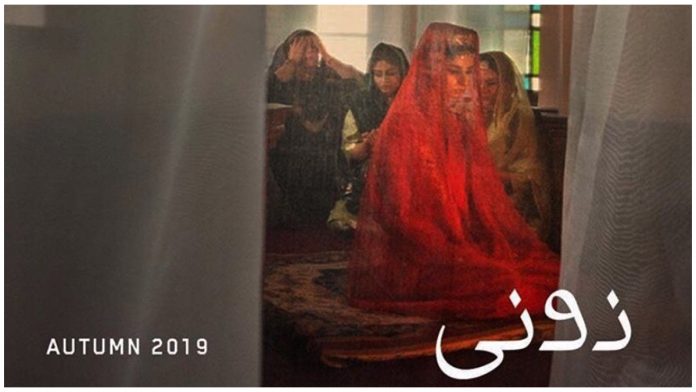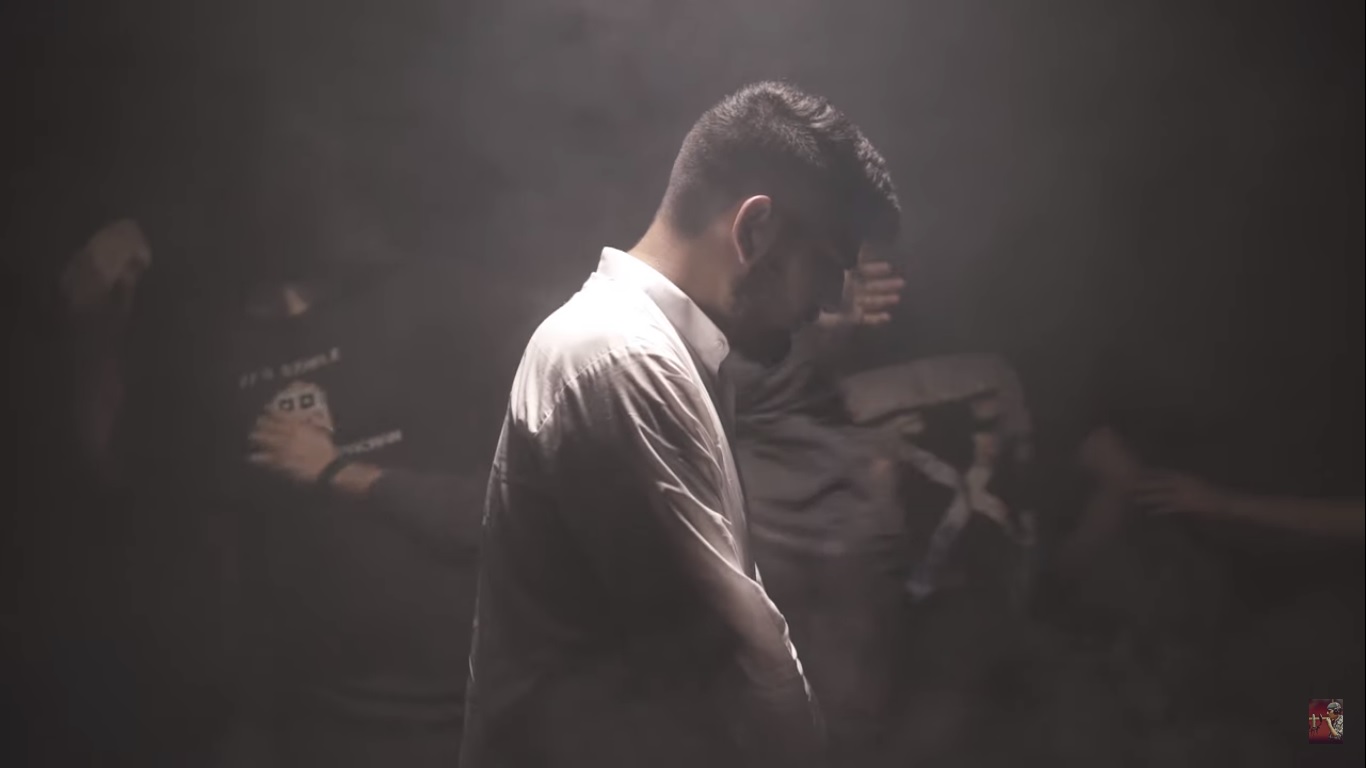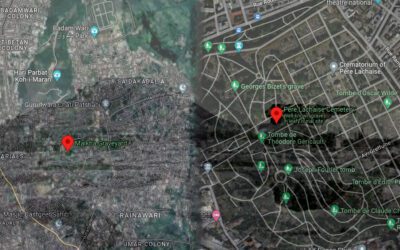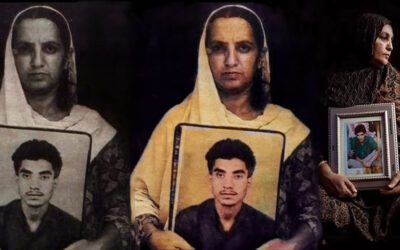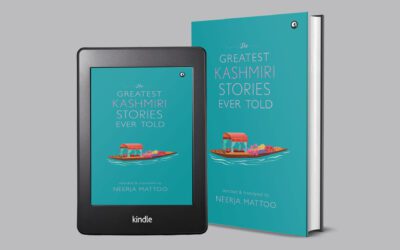Muzaffar Karim presents an analysis of “Severance” (2022, Apple+), the critically-acclaimed award-winning TV series directed by Ben Stiller and Aoife McArdle, with Adam Scott in the lead. Karim’s analytical piece fills the void that is often left by mainstream reviews that are mainly concerned with plot, characterization, theme, ratings and “watchability” and restricted by wordcount. In this piece, Karim meditates on the vocabulary, ideas, thematic undertones, imagery and subtexts found in the show that ultimately facilitate a theoretical and critical commentary on bigger and more pressing questions in dialogue with the work of multiple philosophers and thinkers.
Disclaimer: The views and opinions presented in this piece are the author’s own. This piece contains some spoilers.



